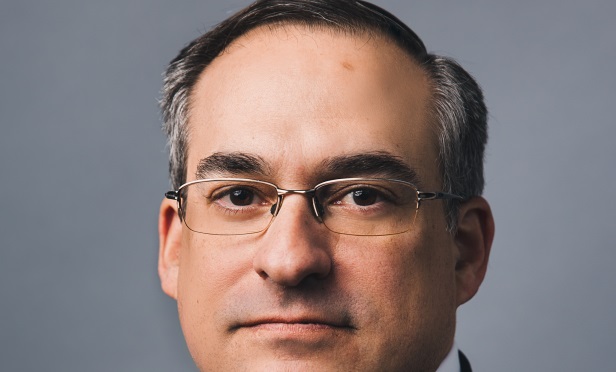 Needell says investors need active management to deal with climate risk in real estate.
Needell says investors need active management to deal with climate risk in real estate.
HOUSTON—Rising temperatures and sea levels are putting ever-increasing pressure on real estate investors. The problem is that traditional diversification is not enough to mitigate the adverse and unpredictable effects of climate change, says Jonathan Needell, president and chief investment officer of Kairos Investment Management Company, a real estate investment company focused on making a positive environmental and social impact. In this exclusive, Needell says investors need active management, not passive diversification, in order to deal with climate risk in real estate.
GlobeSt.com: How will investors need active management in order to deal with climate risk in real estate?
Needell: According to a report by CNBC from earlier this year, the REIT universe is 35% exposed to climate change risks due to legacy diversification. So a passive index on REITs will be over-exposed to such risks. Essentially, you need to have 'last mover advantage' to diversify properly and actively.
GlobeSt.com: Why will an index fund-style approach to real estate leave investors over-exposed to climate risk?
Needell: In addition to the prior answer, even an index will depend on every REIT actively selling and moving away from climate change risks.
GlobeSt.com: How should investors actively evaluate properties for climate risk that goes beyond their locations?
Needell: Really that depends on trying to understand second-hand repercussions to first-line risk. Your location risk is in the dirt, and for many, it's the most important risk to underwrite. However, how will Orlando for example be affected by rising sea levels in Miami? We think it will see an influx in population growth, and while usually that is good, sometimes a change in migration and living patterns can hurt a location. It is not typically or in any way a knowable outcome. However, you can prudently keep aware of the change and react in a location that is of derivative concern.
GlobeSt.com: What is the underappreciated value of shifting energy production away from power companies to combat climate change and improve long-term returns?
Needell: In this high-tech world, consumer renter apps like apartments.com could start to estimate occupancy cost for tenants and therefore cheaper distributed power in many locations like California could give properties a competitive advantage and of course move our power grid to clean green tech solar. This could also lead to more returns on efficiency upgrades by landlords.
GlobeSt.com: What investment issues does Houston face in combating climate change?
Needell: Certainly it would not be all of Houston. Even the Harvey storm was not destructive to all properties. Like other parts of the nation, it has some areas that are impacted by climate change and others that are not, or that may even benefit from that change. So the issues it faces are not special like Miami and south Florida or New Orleans.
© Touchpoint Markets, All Rights Reserved. Request academic re-use from www.copyright.com. All other uses, submit a request to [email protected]. For more inforrmation visit Asset & Logo Licensing.







